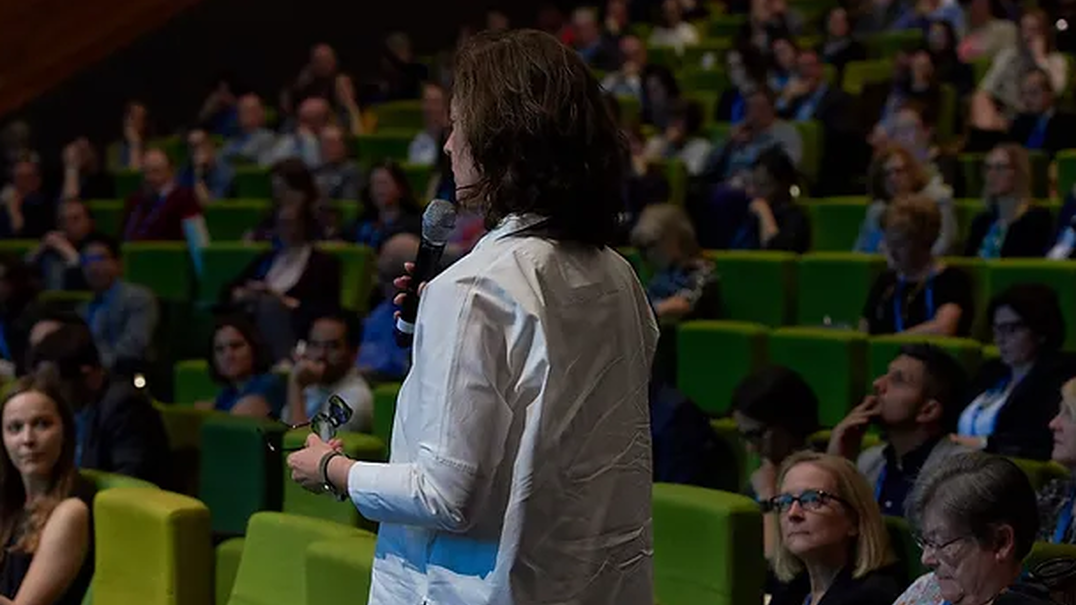February 13 is a significant day for Aboriginal and Torres Strait Islander peoples.
On this day in 2008, Prime Minister Kevin Rudd apologised to the Stolen Generations.
Finally, there was government recognition of the torment that racist policies inflicted upon Aboriginal and Torres Strait Islander peoples. Policies that included the forced removal Aboriginal and Torres Strait Islander children from their families, countries and communities. The only requirement for removal, was based on culture.
Countless childhoods were stolen, resulting in child slavery and unspeakable brutality.
On February 13, 2008, that brutality surfaced: tears filled the eyes of thousands of Aboriginal and Torres Strait Islander peoples as the truth was told. A truth that might be painful for the wider population to hear, though not as painful as the memory itself.
Throughout this shameful chapter of our nation’s history, Mr Rudd recognised the horrific acts of murder, physical, emotional, spiritual, mental and sexual abuse. Acknowledging that Aboriginal and Torres Strait Islander mothers, fathers, aunts, uncles and community members were disempowered, demoralised and disheartened as dominant culture snatched their children against their will, the majority never to return home again. These children are known as the Stolen Generations.
Painfully, members of the stolen generations were herded on to missions and ruthlessly punished for practising culture. The attempts to breed out the black have deeply scarred the hearts and souls of Aboriginal and Torres Strait Islander peoples, their countries and their communities to date.
While it is understood that history cannot be rewritten, it is crucial that we don’t falsify it in order to stay comfortable in ignorance.
Some may have confusion regarding why there was a National Apology in 2008 when Australians today are not at fault. Ascribing guilt to individuals today was not Mr Rudd’s purpose when he said sorry. His purpose was to recognise the nation’s racist history. Mr Rudd publicly acknowledged the profound grief, loss and suffering endured by Aboriginal and Torres Strait Islander peoples as a result of the racist policies enforced by previous successive Parliaments and governments.
To truly reconcile the truth must be told, the truth must be acknowledged, and the truth must never be forgotten.
Today, and every other day, we ask our staff to hold in mind the countless lives lost due to invasion. We ask our staff to reflect on the significant disruption to families, communities and cultures, focusing on the current impact this has on Aboriginal and Torres Strait Islander children that are in care.
Today, the rates of removal are the highest they’ve ever been. The 2021 Family Matters Report indicates that 39% of children in out of home care are Aboriginal and/or Torres Strait Islander, despite making up 6% of the child population in Australia. We need to do better, and we must do better.
If you would like to relive the National Apology, please watch below.
In addition to this, please watch the video below for the ‘Bringing them Home Report’ focusing on the Stolen Generations.
Berry Street’s role in forced removal
Sadly, Berry Street was complicit in racist policies that forcibly removed Aboriginal children from their communities, cultures and countries. In 2006, 2016 and 2021, Berry Street released formal apology statements to Aboriginal and Torres Strait Islander communities.
To heal, Berry Street is deeply committed to learning from the mistakes of the past. To support reconciliation as an organisation and country, Berry Street has promised to:
- Never do it again
- Prioritise Cultural Plans
- Recognise that Aboriginal agencies are most equipped to have power, choice and control over determining best outcomes for Aboriginal peoples
- Prioritise the safe transfer of Aboriginal children in care to Aboriginal Community Controlled Organisations
- Provide a culturally safe workplace
- Advocate for increased access to culturally responsive early years services.
As of November 2021, Berry Street has completed Reconciliation Australia’s Reflect Reconciliation Action Plan (RAP) program. Our Reflect RAP focused on truth-telling, cultural safety, cultural connection for Aboriginal and Torres Strait Islander service users, the Aboriginal and/or Torres Strait Islander voice being heard, valued, respected and influential, along with supporting self-determination.
Throughout 2022, Berry Street will continue to move through the structure of Reconciliation Australia’s RAP program. We understand that reconciliation is 365 days a year and will continue to operate under the values that underpin our Reflect RAP until we are prepared to launch our Innovate RAP. We are currently in the development phase of Innovate.

This article was written by Sarah Dawson, Senior Manager, Aboriginal Service Development





